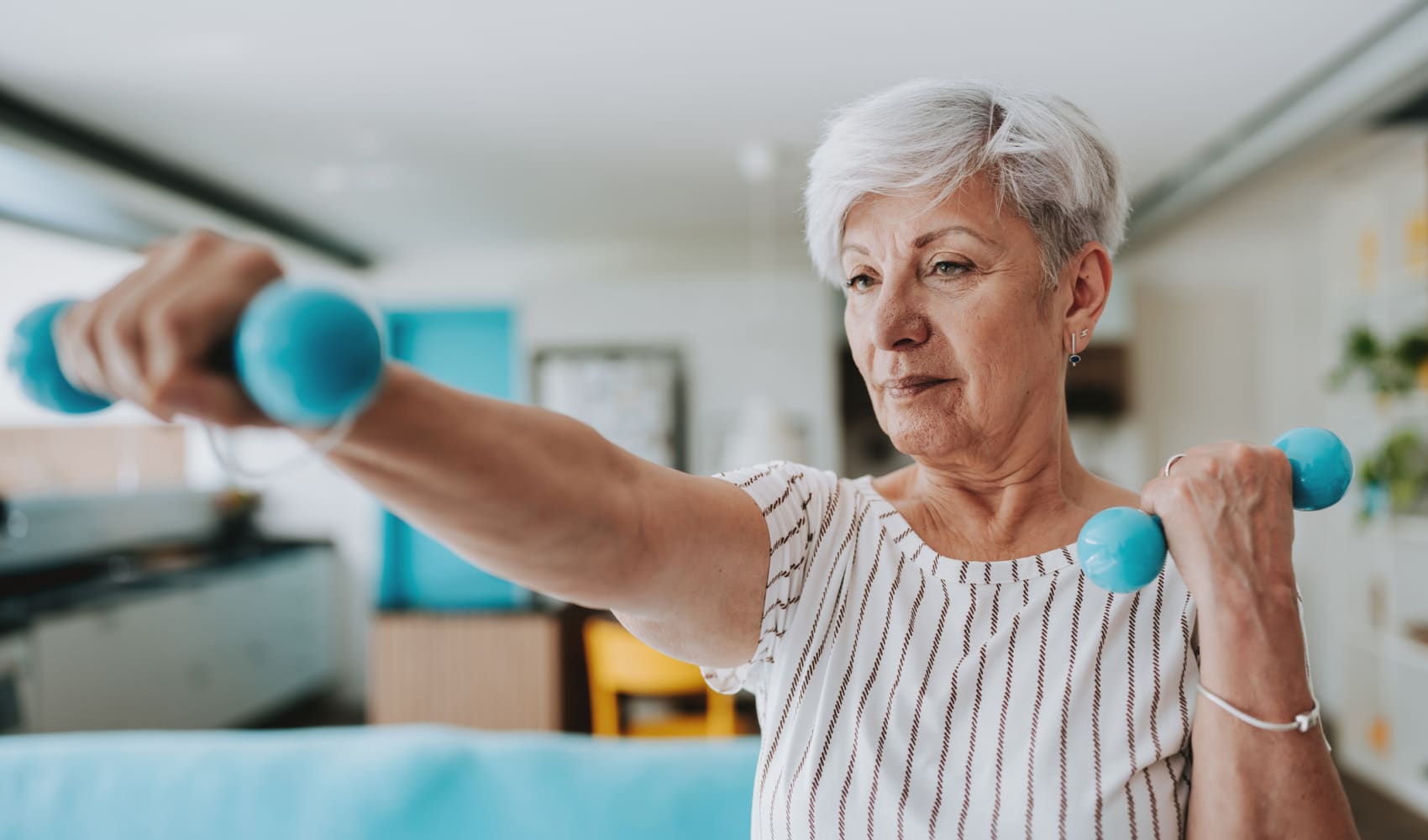Studies have shown that race and socioeconomic status can affect a person’s health. Some of that information comes from the SWAN Study: a nationwide deep dive into women’s health—now in its 30th year.
As part of Black Heritage Month, NBC10 Boston’s Latoyia Edwards caught up with the lead “SWAN” investigator in Boston. And as she reports, when it comes to medical research and those who provide care, representation matters.
Meet Dr. Sherri-Ann Burnett-Bowie. Her journey to Mass General Hospital began in a tight-knit community of Brooklyn.
“It was like being in the Caribbean,” she says. And then, “When I was 8, we actually went back to Barbados and I was there until college.” She went to Harvard University undergrad and the University of Pittsburgh for medical school.
Burnett-Bowie was surrounded by health care growing up with a mom and many aunts who were nurses. The SWAN Study started when she was in medical school.
Get Boston local news, weather forecasts, lifestyle and entertainment stories to your inbox. Sign up for NBC Boston’s newsletters.
“We needed to have a longitudinal study where women were enrolled in the study before they entered menopause,” she explains. Over nearly three decades, they’ve been “asking women about their quality of life, their sexual functioning, urinary symptoms, bone health, cardiovascular health, social stressors, discrimination, everything that you could imagine.”
In seven sites across the country—including at Mass General, half of the cohort is white. The others, come from diverse backgrounds.
“You'll hear us talk a lot in SWAN about Black, white differences, because those are where the greatest disparities tend to occur,” she says.
Burnett-Bowie says there are 675 SWAN-related studies with millions of data points. For example, “through swan we've seen that our Black women have menopause about eight months earlier than the rest of the cohort. And earlier menopause is also linked to increase in cardiovascular health concerns.”
The doctor explains that Black women are more likely to die as the result of a broken hip or fall. And she says decades of data shows Black women come in with higher rates of diabetes and “Higher body mass index, lower good cholesterol, higher bad cholesterol, hypertension, again, things that set you up for poor health. When you think about what are the big causes of morbidity and mortality in women, it's heart disease.”
As for solutions, “Having regular physical activity impacts all of those challenging health outcomes.” And yet, Burnett-Bowie points out, “if you have multiple jobs, when will you exercise? And then if it's not necessarily safe to be outside, how do we work with that?”
Being a Black woman and a physician has presented other challenges throughout her career, including microaggressions, stories she shared with NBC10 Boston.
“Being assumed to not be the physician. And to understand that it's because for so long we've had certain role groups in certain positions. I don't make it something that brings me down. That's a lifetime of professional journey to get to that point.”
More than anything, Burnett-Bowie wants all women to pause and make sure they are doing everything to put themselves first, by scheduling mammograms, doctors’ appointments, taking walks or fitness classes online.
When asked if she felt like a game changer as a Black woman physician, Burnett Bowie said it's complicated.
“It is very hard for me to say yes to that. I don't like to frame myself the way you how you described.”
In addition to being the lead SWAN investigator at Mass General, Burnett-Bowie chairs the hospital’s diversity and inclusion board and is an associate professor of Medicine at Harvard Medical School.




